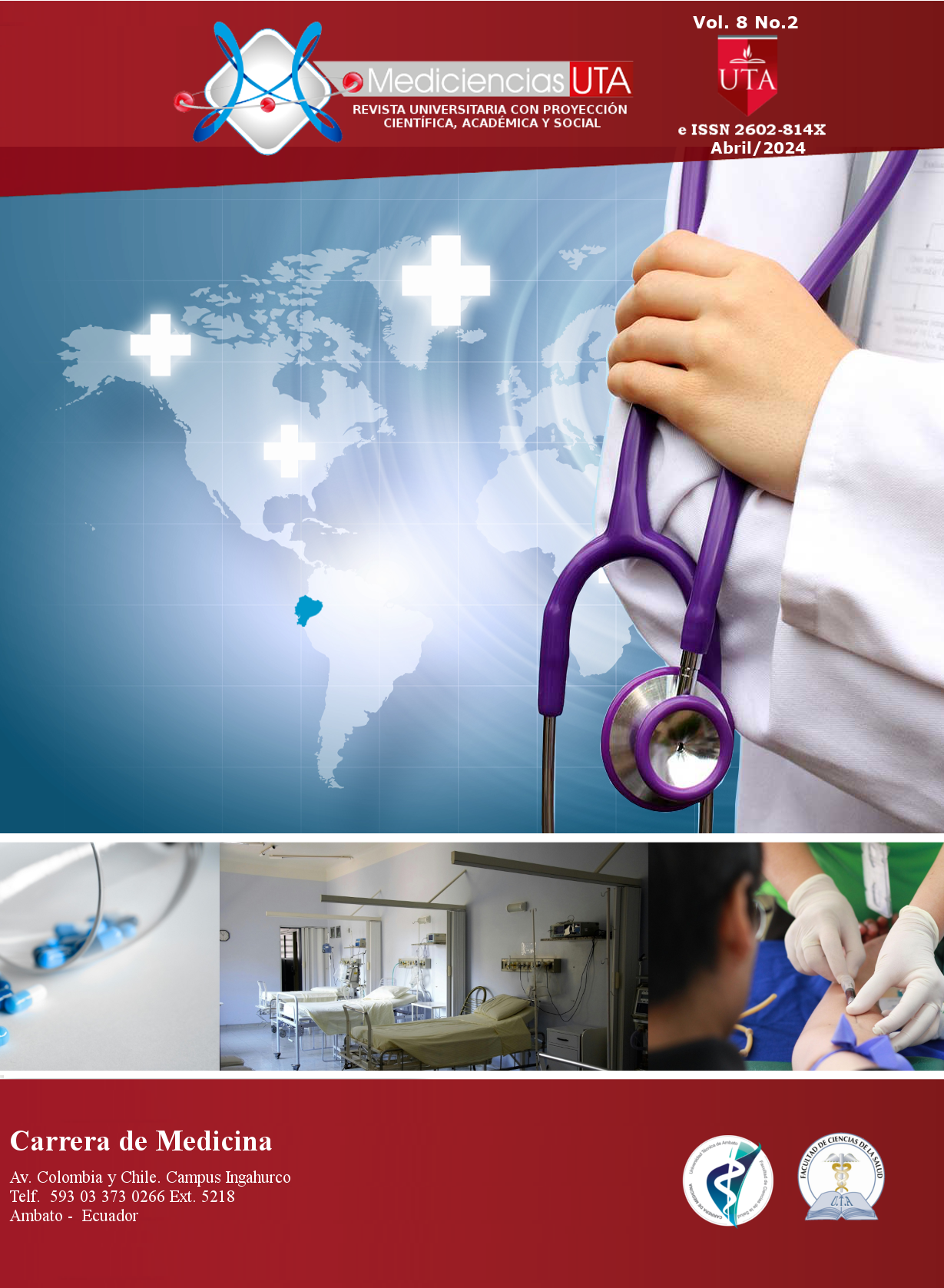Managment of prelabor rupture of membranes at term. Bibliographic Review
Main Article Content
Abstract
Premature rupture of membranes (PROM) refers to the spontaneous rupture of the fetal membranes before the onset of labor, occurring in approximately 8% of pregnancies and associated with maternal and neonatal morbidity, primarily due to infections. Risk factors include age, residence in rural areas, malnutrition, obesity, previous abortions, multiple pregnancies, short intergenetic interval, previous PROM, intrauterine device (IUD) use, sexual intercourse before PROM, anemia, uterine bleeding, vaginal, and urinary tract infections. The pathogenesis of PROM is not fully understood, but it is postulated to be related to physiological weakening of the membranes due to reduced electrical resistance, as well as infections, inflammation, stress, and bleeding. Clinical management may vary between expectant or active approaches, which may include induction of labor with pharmacological methods or mechanical devices. Although it is a common event, there is a shortage of studies providing a scientific basis for its management.
Objective: Describing the expectant and active therapeutic options in the management of premature rupture of membranes in term pregnancy, assessing updated recommendations over the last 5 years to contribute to the reduction of maternal and infant mortality.
Materials and Methods: A literature review on premature rupture of membranes in term pregnancy was conducted using meta-analyses and descriptive studies from academic databases. Full articles published in the last 5 years (2018-2023) in English were included, and those not providing significant data on the topic were excluded. Descriptive, retrospective, observational studies, meta-analyses, and original articles providing verified information on premature rupture of membranes in term pregnancy were selected. Results were extracted and synthesized using a form that included authors, year of publication, study design, patient characteristics, and key conclusions.
Conclusion: In the management of premature rupture of membranes in term pregnancy, timely diagnosis is crucial to avoid complications. If the gestation has been normal and adequate prenatal care has been received, expectant management is a safe option. In case of opting for active management, various strategies are available, pharmacological or mechanical, depending on cervical favorability and the safety of both mother and fetus
Downloads
Article Details

This work is licensed under a Creative Commons Attribution-NonCommercial-ShareAlike 4.0 International License.



